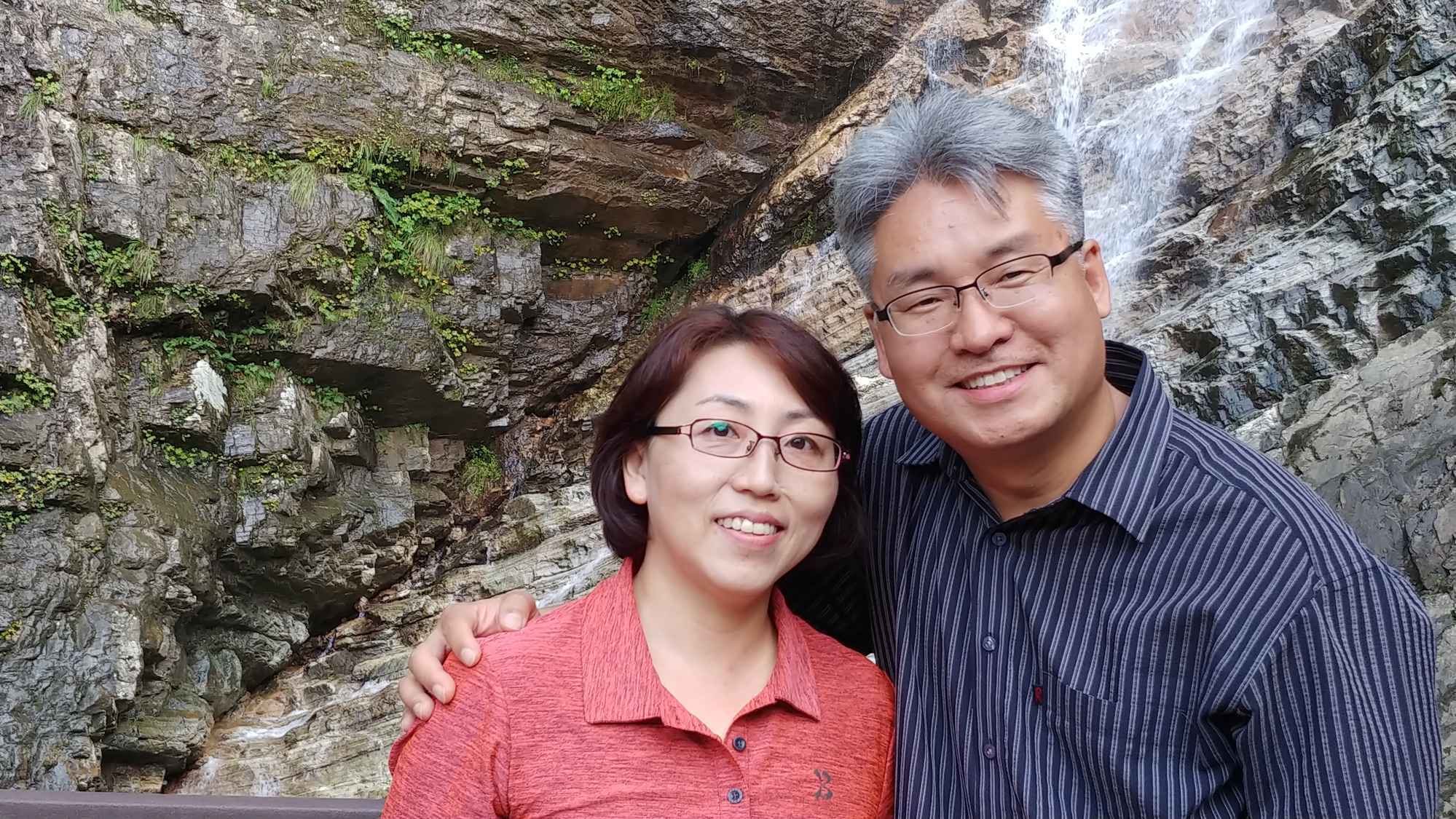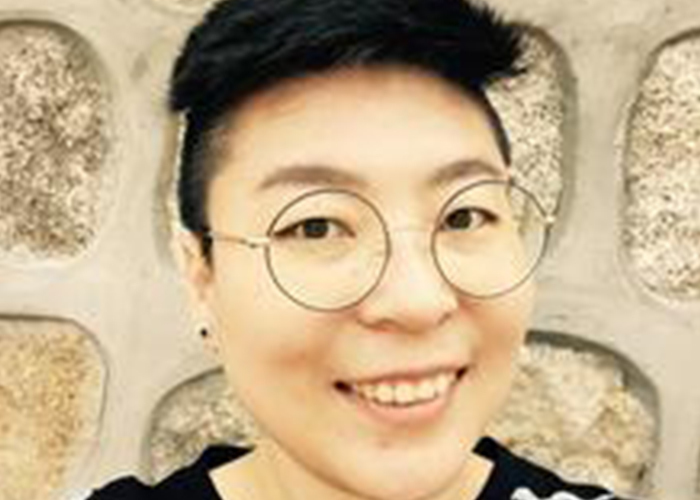Journal connects Korean Anabaptists across the globe
October 23, 2019 | By Katie Doke Sawatzky
(Published online in Canadian Mennonite on October 23, 2019)
In 2010 Mennonite Church Canada International Witness worker Bock Ki Kim noticed a desire from Korean Anabaptist groups in South Korea, Los Angeles, and Canada, to share resources and network with each other. While the Korea Anabaptist Centre in Chuncheon offered resources, Kim saw the need to have a tool to share news and resources on a regular basis.
“I wanted to create a communication tool for scattered Korean Anabaptists here and there,” said Kim, who was editor of the journal from 2013 to 2016. “Korean church leaders and staff don’t have the time or resources to develop this, and yet leaders are regularly asked by newcomers … for a way to connect with others. We needed a way to share information.”
Kim has translated 35 Anabaptist works into Korean in response to a burgeoning interest in Anabaptism by Christians and non-Christians in the South Korea. According to Kim, narrow perspectives of God, corrupt leadership in hierarchical structures and a younger generation disinterested in maintaining physical church buildings, are motivating people to seek fresh perspectives of God and what it means to be the church.

Bock Ki Kim (right) and Sook Kyoung Park are International Witness workers for Mennonite Church Canada in South Korea.
“Peace theology, church as a faith community, restorative justice, conflict transformation, [and] new ways of biblical interpretation, like hermeneutical community,” are some Anabaptist principles that are appealing, said Kim.
The journal is published by Korean Anabaptist Fellowship twice a year, both in hardcopy and in a PDF format that is shared through social media. An editorial team decides the content for each issue and contacts contributors.
Hyejung Jessie Yum has been an editor of Korean Anabaptist Journal for the past three years. She is a PhD student at Toronto School of Theology and attends Danforth Mennonite Church in Toronto. As a Korean migrant living in Canada, regular participation as an editor has allowed her to connect Mennonite faith to her Korean identity and context.
The journal gives me an opportunity to think about what Korean Mennonites' unique voices in our contexts are, and what Mennonite peace theology from Korean perspectives looks like,” said Yum. “These questions relate to my current research focus on postcolonial peace theology in a multicultural context, from a Korean migrant woman's perspective.”
Inter-Korean relations, refugees on Jeju Island, restorative justice for school bullying and eco-friendly farming are some of the topics the journal has covered recently, all from an Anabaptist perspective, said Yum.
Jongyoon Moon is pastor of Jeongin Presbyterian Church in Bucheon, in the Gyeonggi Province of South Korea. He learned very little about the Anabaptists in his theological training both in Korea and in Texas at the Baptist Theological Seminary.
“I only knew about them as radical religious reformers,” wrote Moon in an e-mail.
Moon was searching for a model of church that was true to the New Testament. He learned about the Amish but found the lifestyle hard to emulate in urban Korean society. When he learned about the Mennonite Church he wanted to know more. He connected with Korean Anabaptist Fellowship and met Bock Ki Kim.
“Peace theology, church as a faith community, restorative justice, conflict transformation, [and] new ways of biblical interpretation, like hermeneutical community,” are some Anabaptist principles that are appealing, said Kim.

The journal is published by Korean Anabaptist Fellowship twice a year, both in hardcopy and in a PDF format that is shared through social media. An editorial team decides the content for each issue and contacts contributors.
Hyejung Jessie Yum has been an editor of Korean Anabaptist Journal for the past three years. She is a PhD student at Toronto School of Theology and attends Danforth Mennonite Church in Toronto. As a Korean migrant living in Canada, regular participation as an editor has allowed her to connect Mennonite faith to her Korean identity and context.